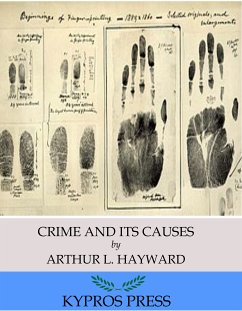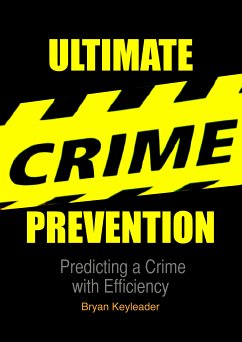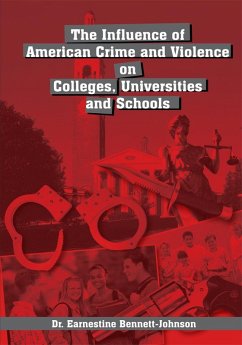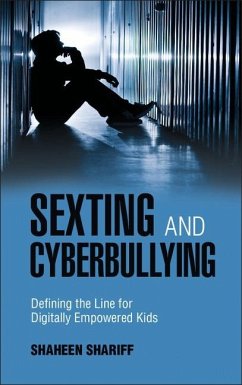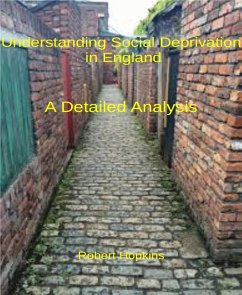
Community Education and Crime Prevention (eBook, ePUB)
Confronting Foreground and Background Causes of Criminal Behavior
Versandkostenfrei!
Sofort per Download lieferbar
37,95 €
inkl. MwSt.
Weitere Ausgaben:

PAYBACK Punkte
19 °P sammeln!
Paperback released by IAP in May, 2008 Scholars in various disciplines are recommending comprehensive measures to solve multiple societal as well as individual problems. The philosophy of "community education" has been overlooked but is a workable, comprehensive approach to addressing crime. As used in this book, community education is a philosophy, process, and program comprised of three overriding and interrelated elements: community empowerment, community problem-solving, and the effort to involve all community members in the pursuit of lifelong learning. The Hyde Park neighborhood in St. L...
Paperback released by IAP in May, 2008 Scholars in various disciplines are recommending comprehensive measures to solve multiple societal as well as individual problems. The philosophy of "community education" has been overlooked but is a workable, comprehensive approach to addressing crime. As used in this book, community education is a philosophy, process, and program comprised of three overriding and interrelated elements: community empowerment, community problem-solving, and the effort to involve all community members in the pursuit of lifelong learning. The Hyde Park neighborhood in St. Louis has one of the highest rates of reported drug sales and high rates of homicide, robbery, aggravated assault, arson, and burglary. The community lays claim to several crime-inducing variables including population loss, a high percentage of population shift resulting in a higher percentage of black population and boarded-up housing units, a high rate of unemployment, a very low per capita income and a high percentage of citizens living below the poverty line, and a high percentage of female-headed households. Nevertheless, the people of Hyde Park are participating in a crime prevention approach that is applicable to all communities. Insights to urban life and problem solving are provided by community members, covering such topics as policing and how it can be improved. These insights and others offered by the author are supported by theories and philosophies found in the literature. In the process of solving their own problems, community members involve themselves in lifelong learning activities and leadership development. Written in a style that is appealing to the general public as well as academics, it is of special interest to educators, community leaders, criminologists, academics in urban affairs and sociology, social workers, law enforcement agents, and politicians.
Dieser Download kann aus rechtlichen Gründen nur mit Rechnungsadresse in A, D ausgeliefert werden.




